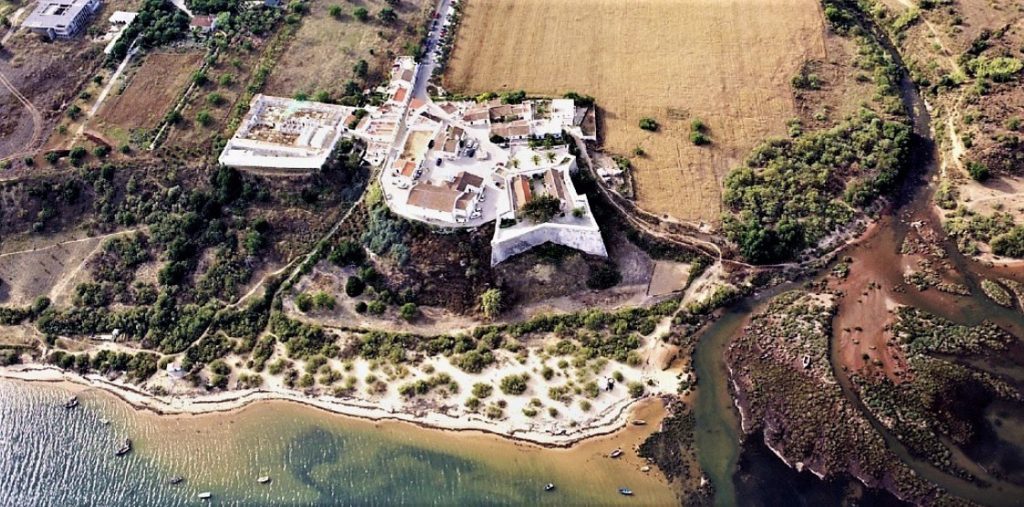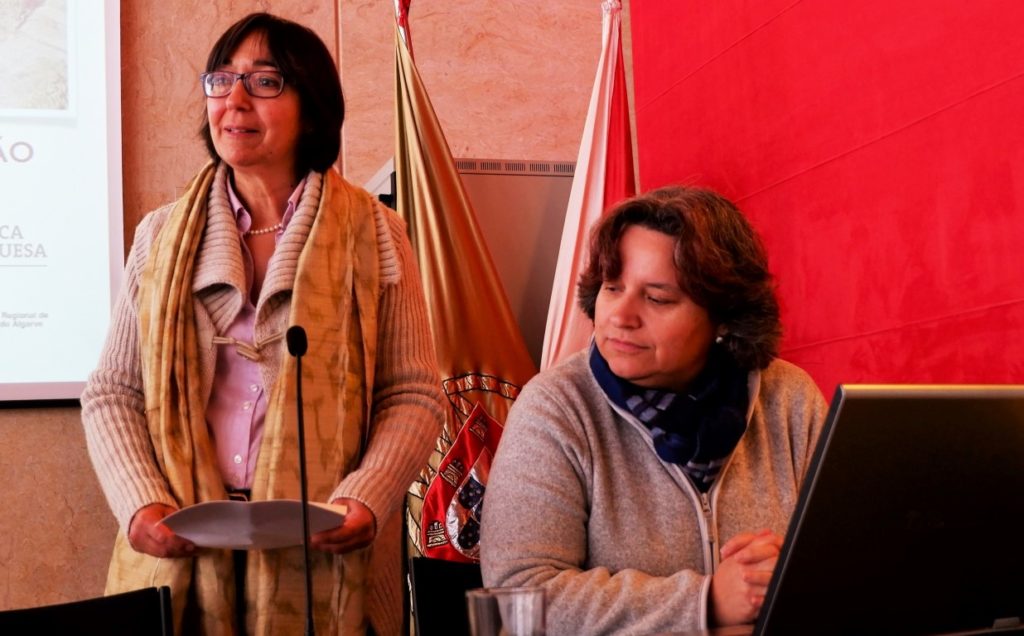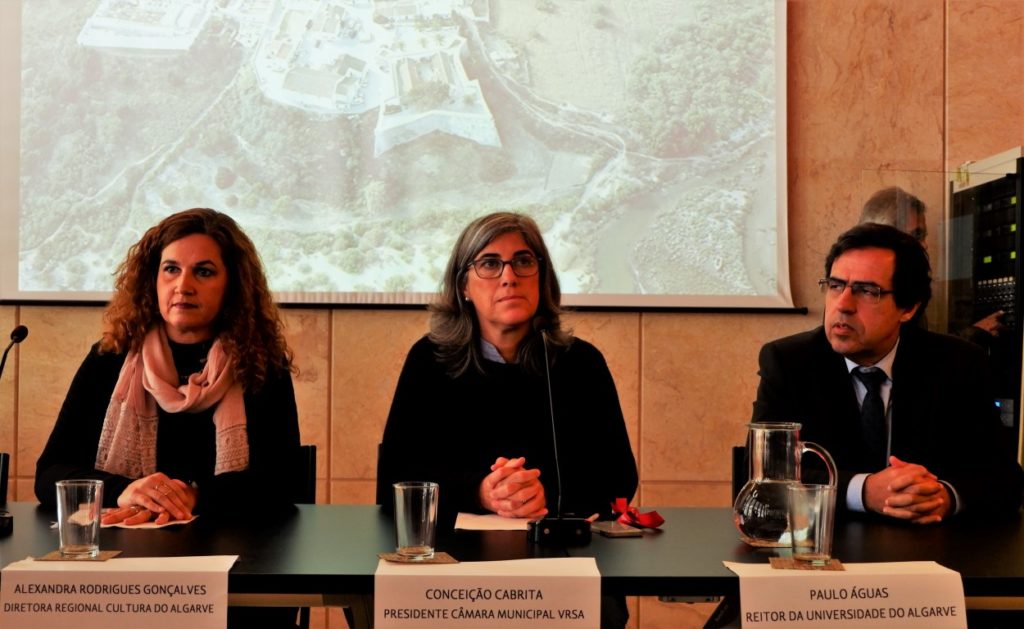 It will be, from the outset, an archaeological field, where dozens of investigators will gather to try to discover the secrets that Cacela Velha still hides. But the project that will make it possible to carry out a new archeology campaign in this historic town in the municipality of Vila Real de Santo António will also be a way of passing on knowledge to the youngest, through the creation of school fields, for university and secondary students.
It will be, from the outset, an archaeological field, where dozens of investigators will gather to try to discover the secrets that Cacela Velha still hides. But the project that will make it possible to carry out a new archeology campaign in this historic town in the municipality of Vila Real de Santo António will also be a way of passing on knowledge to the youngest, through the creation of school fields, for university and secondary students.
The University of Algarve, the Regional Directorate of Culture and the Town Hall of Vila Real de Santo António have joined together to launch the project “Muslims and Christians in Medieval Cacela: changing territory and identities”, which will allow, at least in the In the next four years, Portuguese and foreign scientists may be on the ground, deepening their knowledge of Cacela Velha's past.
The collaboration protocol between the three entities was signed on Friday and work should start in the summer.
Even before that, Cacela will be the focal point of an action that will bring together students from the University of the Algarve and their Canadian counterparts.
«The archeology school field will be mainly aimed at university students, although we are still considering including secondary students from VRSA schools, right from the start, including in training actions», according to Maria João Valente, professor and researcher at UAlg , who coordinates the project together with Cristina Garcia, from the DR of Cultura do Algarve.

“We have four weeks of field work planned, which will be preceded by a week of classroom training at UAlg. In it, several colleagues, including anthropologists, geologists, historians and archaeologists, will train the students before they go into the field,” he added.
The presence of students from the Canadian Simon Fraser University, a partner in this project, is already guaranteed. In the future, participation may be extended to institutions from other countries.
For Maria João Valente, «this issue of training is extremely important, as well as the component of identification of the population with its heritage». Especially because, especially with regard to secondary school students, participating in this type of initiative can be an incentive to pursue a career in the area.
«This is a project that, for me, is very attractive, because it brings together a series of dimensions. Not only does it have the research component, which is the one that we most easily associate with this type of initiative, but it also has a teaching aspect and, above all, a societal aspect, which is to pass on knowledge to the community." reinforced the professor at the Faculty of Human and Social Sciences (FCHS) at UAlg.
This is possible, he stressed, because "we managed to bring together the ideal partners to do all this". «The support of the municipality of VRSA was excellent from the beginning, the Regional Directorate of Culture has been tireless. However, we have another series of partnerships to be studied, some already quite robust, although it is still too early to reveal them», he added.

The research fieldwork will take place «between mid-June and mid-July» this year, and will bring together «a relatively extensive and multidisciplinary team. “We will have 25 people on the ground, on a constant basis. Afterwards, the work developed in the field will be analyzed for the rest of the year in laboratories at UAlg, but also at the universities of Évora and Lisbon».
“What we know about Cacela is the urban core, the outer area of the Islamic quarter and the implementation of the Christian necropolis on top. We lack, for example, the Islamic necropolis, knowing where the dead were buried in that period. We already have a good idea of where it might be, we now have to do excavations to confirm it», explained Maria João Valente.
Finding the Islamic necropolis is "very important", as it will allow to solve some of the mysteries that still surround Cacela Velha, namely to understand if the inhabitants of the time "were related to the Christian population" that followed. “Let's imagine that the last Islamic populations have not disappeared and are still on the ground and mingle with the new Christian settlers. This is something we would like to know», he revealed.
With the excavations that will now be carried out, it is also intended to understand the social impact of Christian colonization and whether it led to major changes in lifestyle or, on the contrary, it adapted to that of those who already occupied the territory.
Discovering the location of the port that existed in the Islamic period, its dimension “and its importance as a transit point or even within the routes that link the Iberian Peninsula to Morocco” is another objective of the campaign.
The protocol that will allow researchers to return to the field, in Cacela Velha, was signed by the top representatives of the three entities involved, in a ceremony that took place in Vila Real de Santo António.
And it was clear, through the words of both the hostess Conceição Cabrita, president of the Chamber of VRSA, as well as the dean of UAlg Paulo Águas and the regional director of Culture Alexandra Gonçalves, that this is a marriage we want success and, preferably, that it continues after 2020, the year until which the agreement will remain in force.


















Comments